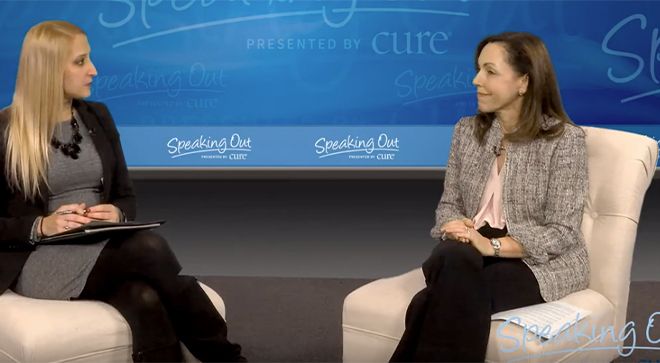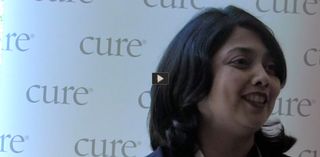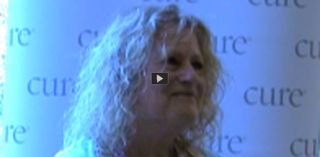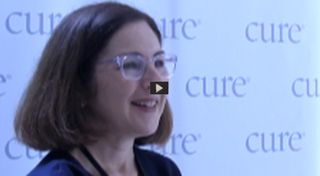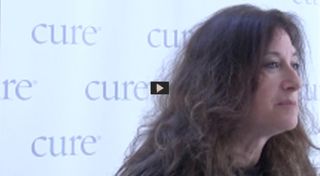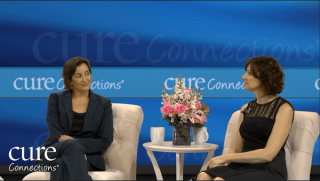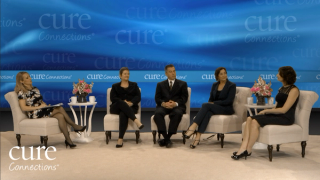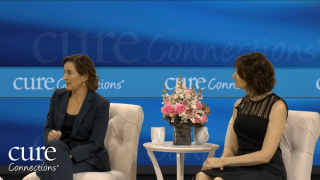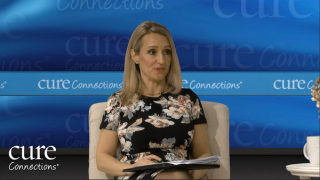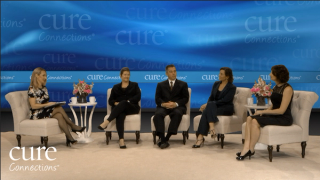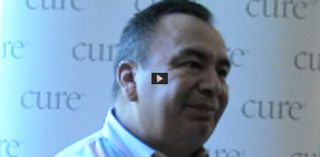
Ovarian Cancer
Latest News
Latest Videos

More News

PARP Inhibitors are opening new doors in cancer treatment by targeting vulnerabilities in cancer that researchers are beginning to understand better.

PARP inhibitors interfere with cancer’s ability to repair damage to its DNA. They are becoming increasingly useful in treating ovarian cancer.

Investigators are studying a rare ovarian tumor called sclerosing stromal tumor, a benign tumor that can be misdiagnosed as cancer.

Take a look back at the top five CURE® stories for January 2020.

From NFL Hall of Famer Kurt Warner leading a recognition service for cancer caregivers during the Super Bowl to Tylenol’s key ingredient possibly being added to California’s proposition 65 list for chemicals that may cause cancer, here’s what is making headlines in the cancer space this week.

In this week’s episode, a pair who is forever connected by their genetic risk for cancer talked about the revelations that came from a study they participated in that changed both of their lives.

One cancer survivor details how her immunotherapy changed her cancer journey for the better, and how ongoing trials of immunotherapy are looking to change the cancer landscape for the better.

Patients with cancer are acutely aware of how time is finite, and that's ok. They can appreciate the fit of time all the better.

In a new study, researchers set out to prove whether or not there was a statistically significant risk of ovarian cancer from the use of talc-based powder.

One cancer survivor discusses the need to talk to others during and after her treatment, and the healing ability of listening as well.

One woman reflects on the fact that no one is immortal.

Launched in April 2018, the podcast hosted by Eleanor Griffith of Grey Genetics tells the stories of people living with genetic mutations that predispose them to cancer or other diseases.

If you’ve experienced neuropathy, you know what it entails.

One patient provides potential caregivers “a guide to help you help me”.

In this week’s episode of the “CURE Talks Cancer” podcast, we spoke with Lisa Schlager, from FORCE, about the types of legal protections in place for those with a genetic risk for cancer.
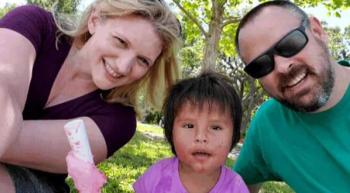
Two-time cancer survivor Anne Weber feels fortunate to have learned of her BRCA2 gene mutation, as it led to an early diagnosis of aggressive breast cancer.

Here is a list of the recent trial initiations that occurred within the cancer space in November.

From the first patient death under the Right to Try law to a 9-year-old ovarian cancer survivor meeting her hero Jim Cantore, here’s what is making headlines in the cancer space this week.

“When learning about a second relapse, the only thing I could think was, ‘Oh no. Not again. This cannot be happening.”

You never expect to get a diagnosis of cancer, but what about when it comes back?

Revised federal guidelines recommend that more women, especially cancer survivors, be considered for genetic screening for hereditary breast and ovarian cancer.

I was never any good at math, but I can count. So I learned to live by this bit of information by counting the days that passed after my treatments for ovarian cancer.

The Food and Drug Administration’s recent approval of Zejula for certain patients with advanced ovarian, fallopian tube or primary peritoneal cancer was the first PARP inhibitor approved for the treatment, not the maintenance, of these women.

Looking back on Day One in the chemotherapy journey.

The Food and Drug Administration has approved Zejula for patients with advanced ovarian, fallopian tube, or primary peritoneal cancer that have been treated with three or more prior chemotherapy regimens and whose cancer is associated with homologous recombination deficiency-positive status.



